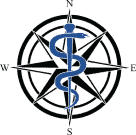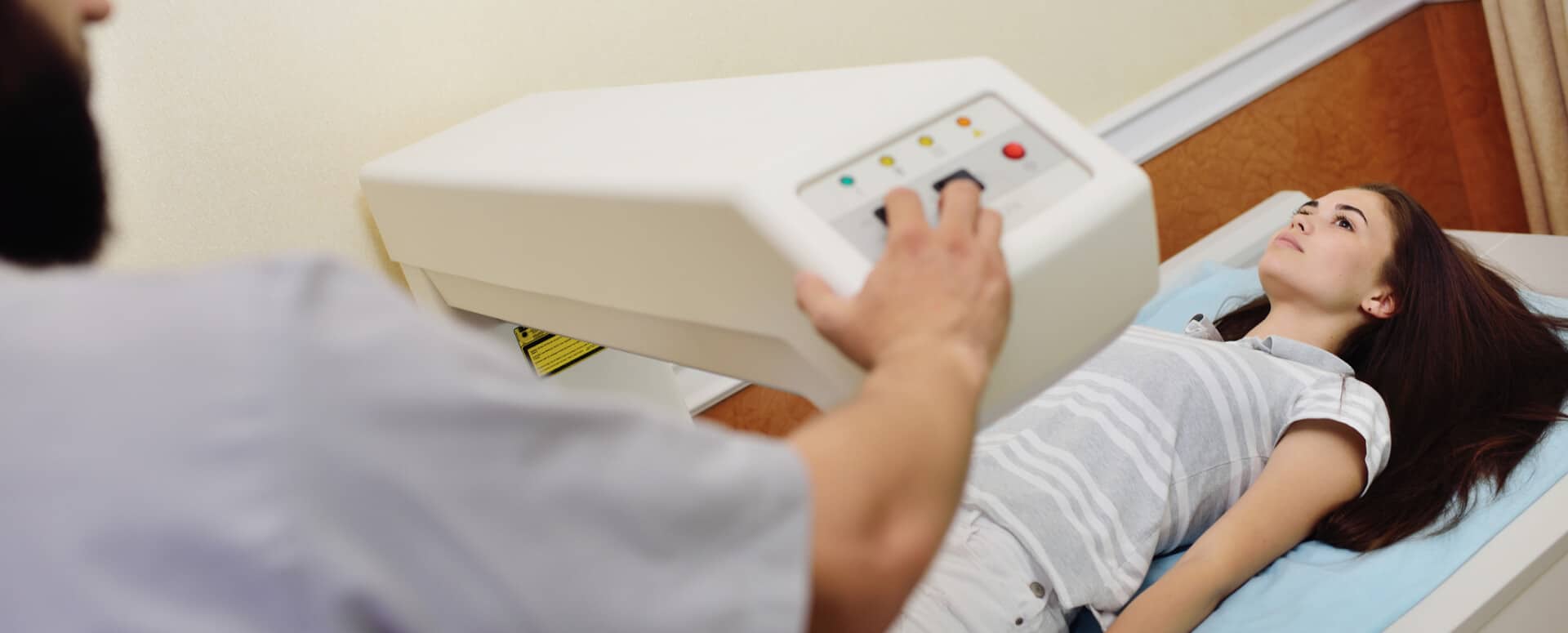At Northeast Medical Practice, we understand the crucial role bone health plays in overall wellness. Our team of experts is dedicated to providing comprehensive bone density testing services to ensure that our patients receive the best care possible to maintain their bone health.
This guide will provide you with an overview of our services and how they can benefit you.
Understanding Bone Density Testing
Bone density testing is a non-invasive method of measuring the strength and density of bones. It is a valuable tool in the early detection of bone loss and osteoporosis, which are conditions that can result in fractures and other complications.
The benefits of bone density testing include:
- Early detection of bone loss and osteoporosis
- The ability to monitor changes in bone density over time
- The ability to assess the effectiveness of treatment for osteoporosis
There are different types of bone density tests, including DEXA scans and bone densitometry.
A DEXA scan, also known as a dual-energy x-ray absorptiometry (DXA) scan, is one of the most common types of bone density tests. It is a painless and quick procedure that uses low-dose x-rays to measure bone density.
Bone densitometry is another type of bone density test that uses ultrasound to measure bone density.
The DEXA Scan Procedure
A DEXA scan is a simple and painless procedure that takes only a few minutes to complete. During the procedure, you will lie on a table while a scanner passes over your body to measure the density of your bones.
The results of the DEXA scan will provide valuable information about your bone health, including your bone mineral density (BMD) and your risk of fractures.
Interpreting DEXA Scan Results
DEXA scan results are reported as a T-score, which compares the patient’s bone density to that of a healthy young adult of the same sex.
A T-score of -1.0 or above is considered normal, while a T-score between -1.0 and -2.5 indicates low bone density (osteopenia) and a T-score of -2.5 or lower indicates osteoporosis.
Other factors that can affect bone health include age, sex, family history, smoking, and certain medications.
Next Steps After a DEXA Scan
If a DEXA scan indicates low bone density or osteoporosis, there are several steps that can be taken to improve bone health and decrease the risk of fractures:
- Changes to diet and exercise habits
- Calcium and vitamin D supplements
- Prescription medications
- Fall prevention measures
Why Choose Northeast Medical Practice for Your Bone Health
At Northeast Medical Practice, we are committed to providing our patients with the best possible care for their bone health.
Our team of experts is highly trained in bone density testing and can provide you with accurate and reliable results. Some of the reasons to choose us for your bone health needs include:
- Access to state-of-the-art technology
- A team of highly trained and experienced professionals
- A commitment to providing personalized care to each patient
- Convenient and flexible scheduling options
Benefits of Bone Density Testing at Northeast Medical Practice
Bone density testing is a valuable tool in maintaining bone health and preventing complications such as fractures and osteoporosis.
At Northeast Medical Practice, we are committed to providing our patients with the best possible care for their bone health.
If you are interested in learning more about our bone density testing services, contact us today to schedule an appointment.


